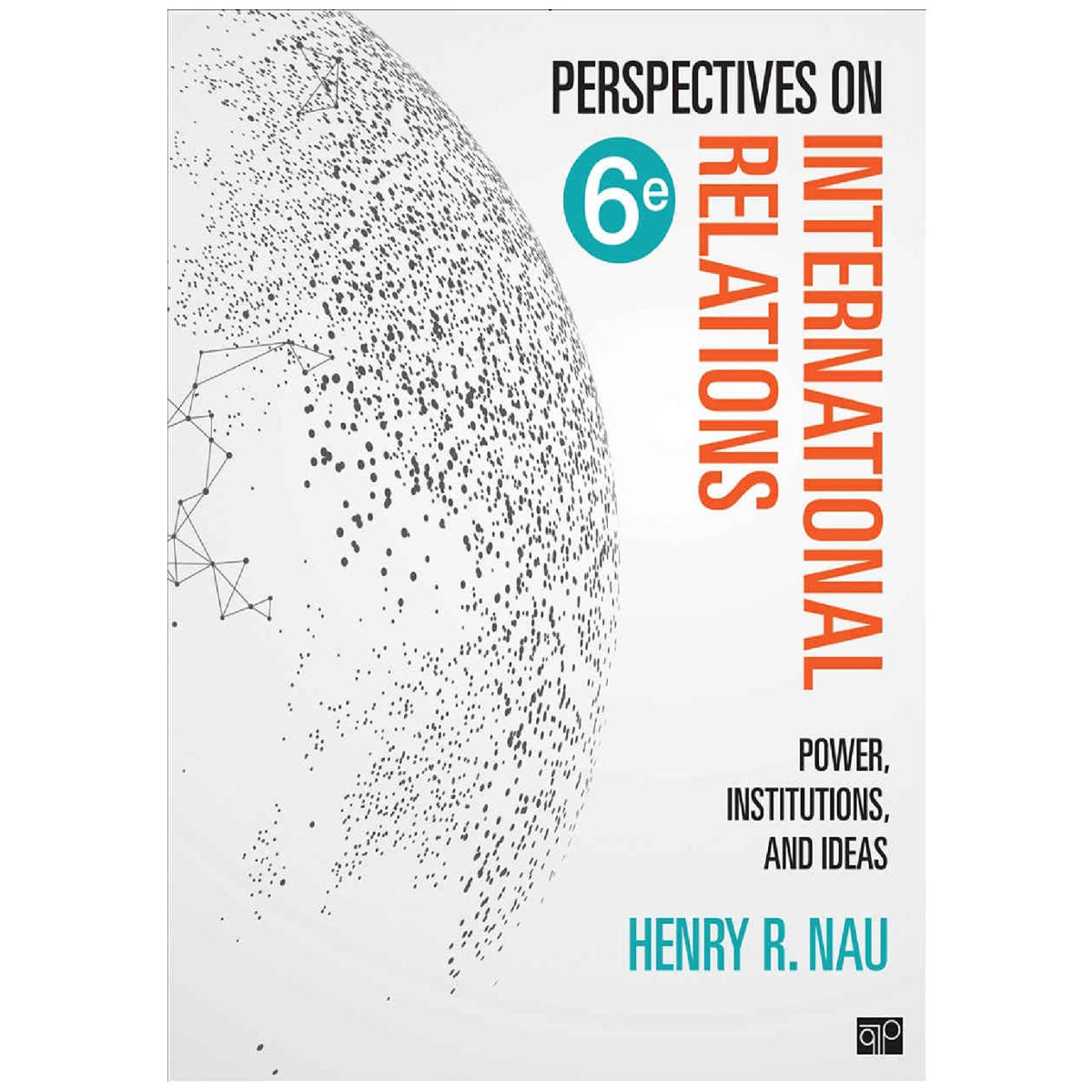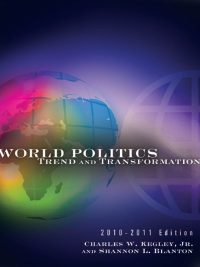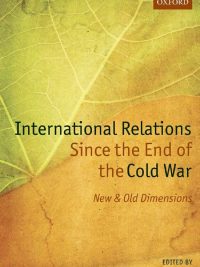Description
Perspectives on International Relations Power, Institutions, and Ideas Henry R. Nau. Confucius, the Chinese philosopher, once said, “To learn without thinking is in vain; to think without learning is dangerous.” Learning or knowing anything requires both thought and investigation, theory and facts.
I confirmed Confucius’s insight when I took a break from teaching to serve in government from 1975 to 1977 and again from 1981 to 1983. At that point, having spent a decade in the classroom, I thought I would learn at last about how policy was really made. I would have access to all the facts, even the secret ones kept by intelligence agencies, and I would understand how those facts relate to policy choices.
My first awakening came when an officer from one of the intelligence agencies paid me a visit, not to give me the facts I so wanted, but to ask me which facts I might be interested in. Oh, I suddenly realized, “the facts” depend on what my questions are and what theory or ideas I might wish to test. Now I had to do some thinking. What did I really want to know? Well, of course, I wanted to know what was happening.
But I didn’t have time to learn about what was happening everywhere, so I had to focus on certain areas and issues. And I wanted to know not just facts but what caused these facts. I learned subsequently that intelligence officers often do not agree on the facts, let alone on the interpretation or the causes of those facts. There is no one theory that explains policy, no one set of facts that defines any given situation objectively. There are many theories and many facts—far too many for me to take them all into account. When I left the government, I understood better than ever that the policy world is not all that different from the classroom. Both require theoretical commitment. You have to decide what you want to learn, what interests you. And that’s a function of your thinking— or perspective—and your values.
And both require empirical effort. You assemble and investigate as many facts as you can, then you test your ideas against the facts. But, in the end, you make judgments about which questions and which answers are most important. The one big difference is that you have more time to deliberate and choose in the classroom. In government, you have to act quickly because events move quickly and you lose the opportunity to influence outcomes if you wait too long.
As a colleague once said to me, you consume thought in government; you accumulate it in the classroom. The idea for this textbook began the day I left government. I wanted to demonstrate for students the relationship between perspectives and facts for understanding international relations.





